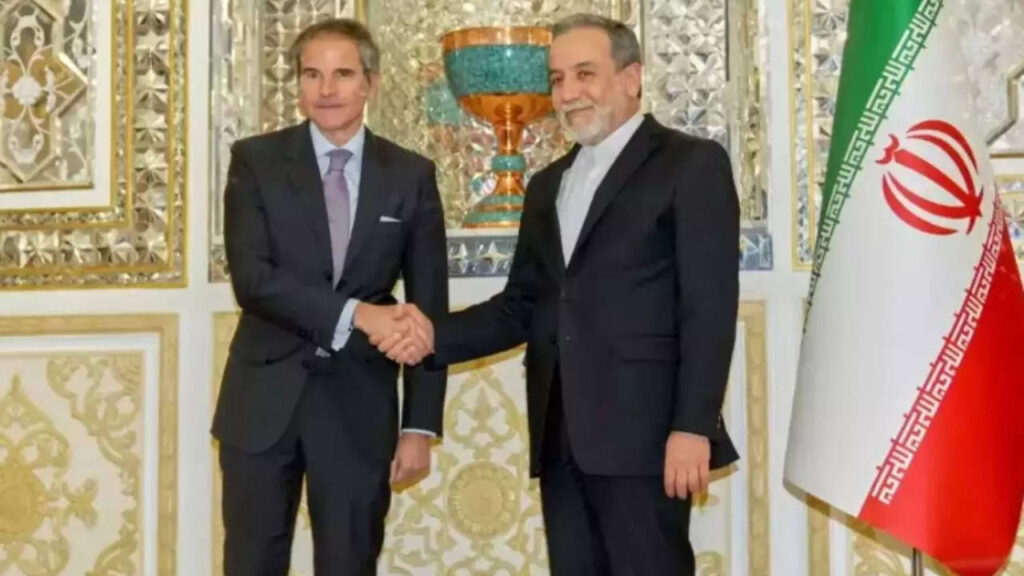U.S.-Iran Nuclear Talks Resume: Renewed Hope Amid Persistent Tensions


In April 2025, the United States and Iran reentered indirect nuclear negotiations, signaling a cautious but critical step toward reviving the 2015 Joint Comprehensive Plan of Action (JCPOA). Held in Rome and mediated by Oman, these talks represent a renewed diplomatic effort to address Iran’s expanding nuclear activities amid intensifying global uncertainty.
The latest round of negotiations follows years of rising friction. After the U.S. unilaterally withdrew from the JCPOA in 2018, Iran began gradually breaching the deal’s enrichment limits. In a surprising move in March 2025, President Donald Trump announced his willingness to restart negotiations, warning of potential military intervention should Iran move closer to nuclear weapon capability.
Iran, asserting that its nuclear program is solely for peaceful purposes, responded with cautious openness—stipulating that any new agreement must include substantial sanctions relief and address its broader economic concerns.
The current phase of discussions has shifted to a technical level, with experts from both sides working through some of the agreement’s most contentious provisions. Key points under negotiation include:
Uranium Enrichment: Defining acceptable enrichment thresholds that would prevent Iran from weaponizing its nuclear program.
Ballistic Missiles: Addressing regional anxieties surrounding Iran’s missile development and its impact on security in the Middle East.
Sanctions Relief: Structuring the rollback of sanctions in exchange for verified Iranian compliance with nuclear limits.
Though progress has been made, observers remain cautious. Analysts warn that reaching a final deal will require considerable political will and compromise from both Washington and Tehran.
The renewed talks have attracted close attention from the international community, with several key players weighing in:
European Union: EU representatives have welcomed the talks, stressing the importance of restoring the JCPOA for regional peace and nuclear non-proliferation.
Israel: Israeli leaders have expressed deep concern over any agreement that allows Iran to maintain enrichment capabilities, keeping military options on the table if diplomacy fails.
Russia and China: Both countries have voiced support for the diplomatic efforts, urging a balanced deal that respects Iran’s right to peaceful nuclear energy while upholding strict safeguards.
Despite signs of renewed cooperation, several challenges could hinder progress:
Mutual Distrust: Years of broken promises and shifting policies have created a deep trust deficit between the two nations.
Domestic Pressures: Internal political dynamics—ranging from U.S. congressional opposition to Iranian hardliner skepticism—may complicate the negotiation process.
Regional Tensions: Broader security issues, including Iran’s role in regional conflicts and support for proxy groups, remain contentious and unresolved.
The resumption of U.S.-Iran nuclear negotiations offers a rare window of opportunity to de-escalate one of the world’s most volatile geopolitical flashpoints. While challenges remain formidable, the expert-level talks have laid the groundwork for potentially renewing the JCPOA or shaping a new framework altogether.
As discussions continue, the world watches closely to see whether diplomacy can prevail—ensuring both regional stability and a renewed commitment to nuclear non-proliferation.